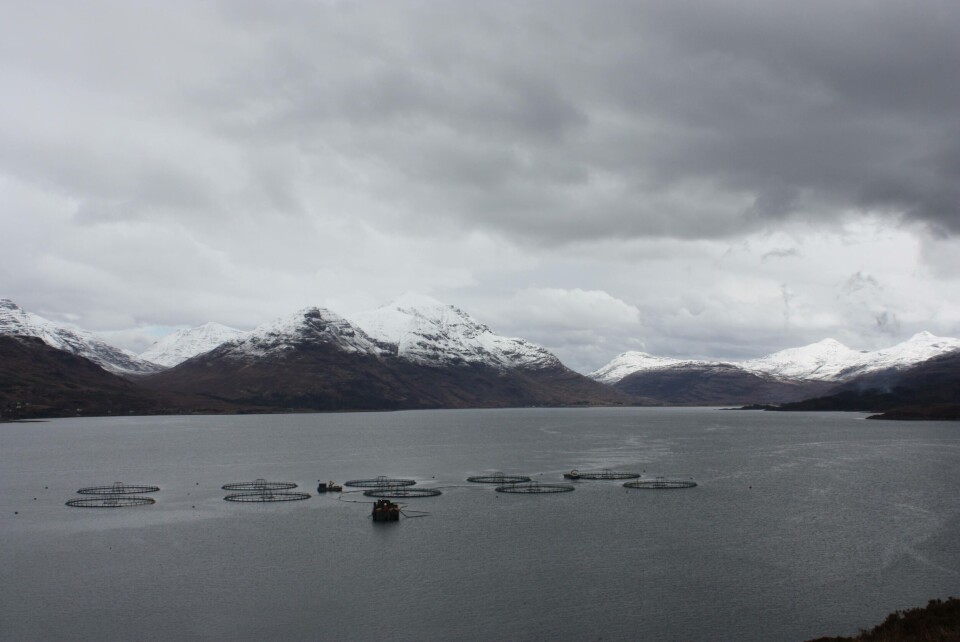
‘Devil in the detail’ of contamination data
Aquaculture companies have robustly defended their practices after the Scottish Environment Protection Agency released data suggesting that licensed veterinary medicines which had been approved for the treatment of lice may have contaminated 45 Scottish lochs in 2105.
The Sunday Herald newspaper reported that more than 1,200 sampling operations at about 280 fish farm showed levels of medication used to kill sea lice exceeded environmental safety limits more than 100 times in the past ten years.
The companies named as responsible included Marine Harvest, Scottish Sea Farms, The Scottish Salmon Company and Grieg Seafood Shetland.
Steve Bracken, business support manager at Marine Harvest, told fishfarmingexpert.com: “The devil is in the detail with this. Of course we don’t want to have any adverse impact and that’s what we’re striving to achieve, but you need to be very careful looking at this data, because any exceedance is, I would argue, tiny compared to the overall samples that have been carried out. SEPA is the organisation to give the best view on this and what it all means, because sometimes information can be mishandled and misrepresented.
“Having said that, as a business not just in Scotland but globally, we do want to move away from medicinal treatments and focus more biological controls, such as cleanerfish for the control of sea lice, and at the same time to work with new technical methods of lice control. It’s not something that will happen overnight, but overall it’s got to be in everyone’s interest that impacts are minimised.”
Beneficial solutions
Bracken added: “Another topic that has been raised recently is regarding amoebic gill disease. With this in mind, we are developing our fresh water supplies on the West Coast to capture and store quantities of fresh water with which we can fill our wellboats and take to our farms to bathe the salmon in – as this is the best cure for the disease. It’s just another example of our drive away from medicinal treatments.”
Grant Cummings, managing director of Grieg Seafood Shetland, told fishfarmingexpert.com: “We take the environmental sustainability of our operation seriously and we abide by the terms of SEPA Controlled Activity Regulations licences. Where SEPA raise any issues with us regarding to our possible impact upon the environment, we are keen to engage with them to find beneficial solutions.”
Scott Landsburgh, chairman of the Scottish Salmon Producers’ Organisation, said: “SEPA will be best placed to respond to this. Our members at all times endeavour to operate within the terms of their consents.”
A spokesman for SEPA was quoted in the article as saying: “Our enforcement philosophy is to use the minimum amount of formal regulation necessary to secure compliance. An exceedance of an environmental quality standard is not in itself indicative of non-compliant or illegal activity on the part of the operator and thus a breach would not necessarily precipitate significant enforcement action.”























































